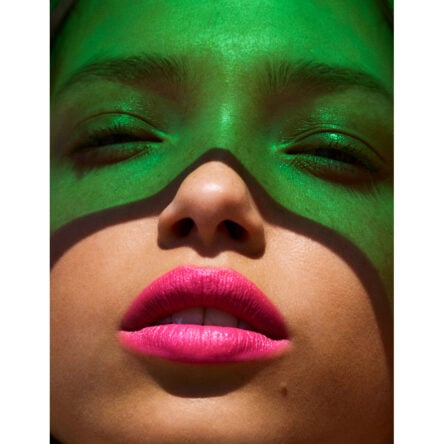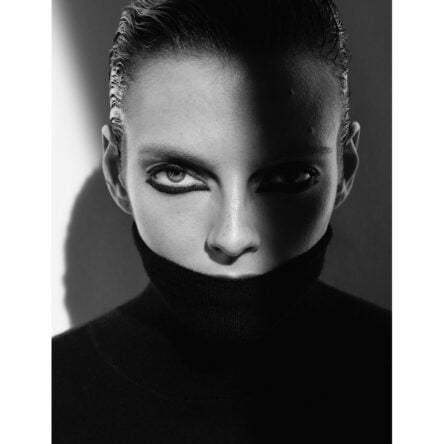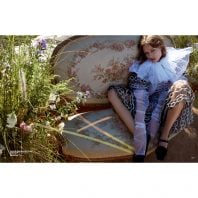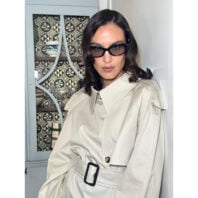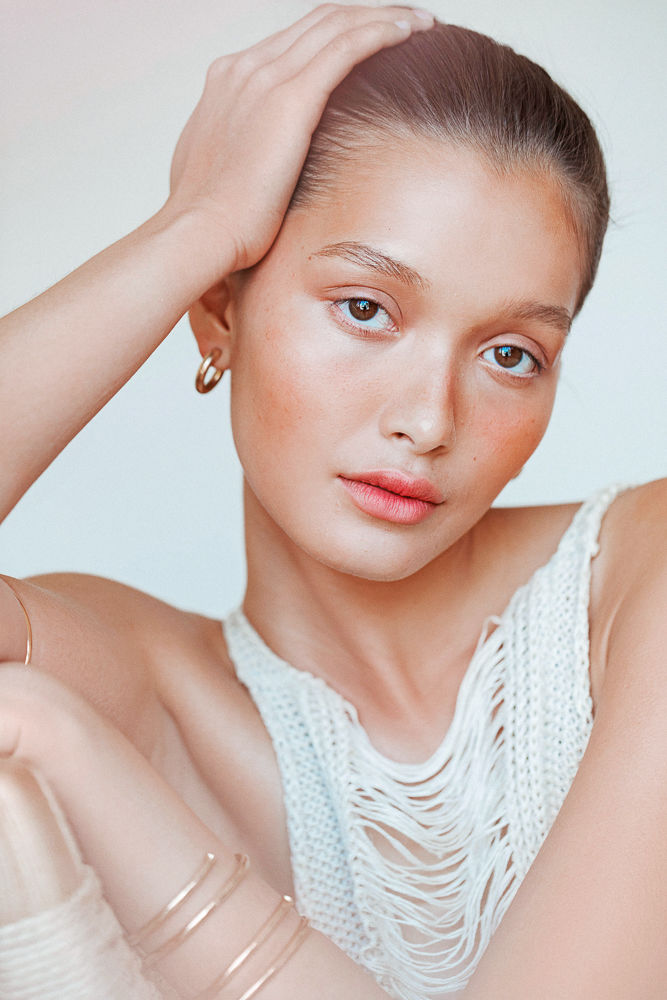
Having perfect skin is never an easy goal to reach, but if you’re battling with a skin condition it can feel even more impossible. Rosacea is very common, and it’s something I’ve come across in my job with models and clients many times. Symptoms of rosacea can vary from intense flushing to persistent redness or even visible blood vessels and pimples that look similar to acne spots. While makeup can help to mask the symptoms of the condition, it’s important to tackle the problem head-on, too. So what products are best for rosacea? What are the best rosacea treatments? To give you some expert advice, I’ve enlisted the help of London and LA-based Naturopathic Doctor Dr Nigma Talib and Dr Yannis Alexandrides, MD FACS, Plastic Surgeon and Founder of 111Skin.
THIS POST CONTAINS AFFILIATE LINKS
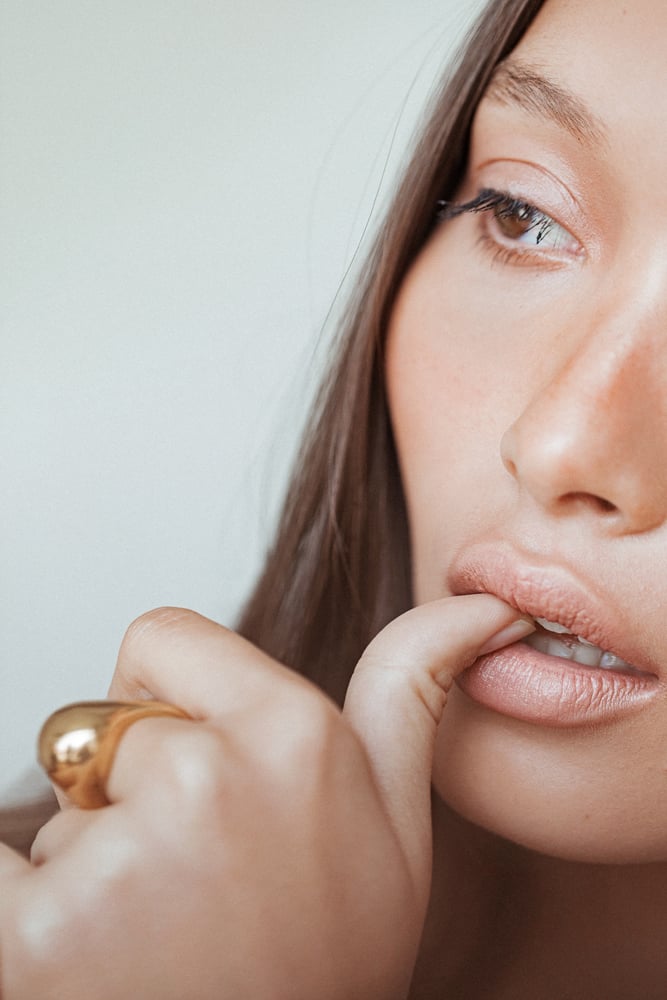
Best Rosacea Treatments & Products
Q: First thing’s first, what IS rosacea?
Dr Yannis: Rosacea is a common skin condition that most often appears on the face. Symptoms range from temporary flushing to persistent facial redness, all the way to visible blood vessels and at times, round red bumps on the skin that can be confused with acne. The causes of rosacea are not known however a common view is that it is a vascular disorder because symptoms include flushing, redness and visible blood vessels.
Others believe that the nervous system may be a trigger as rosacea can appear at times of emotional stress. Some believe that the swelling is caused by increased blood flow during flushing that increases the tissue fluid, making it accumulate faster than the lymphatic system can manage. The presence of a microscopic mite called Demodex Folliculorum has also been considered to contribute to rosacea.
Q: How should rosacea be treated?
Dr Nigma: What you eat affects rosacea immensely, and it isn’t just the common triggers like refined sugars. It can be sugary foods, white flour, processed vegetable oils, fried foods, processed meats, sugary juices and carbonated drinks, artificial sweeteners and spicy foods.
In my books Reverse the Signs of Ageing and Younger Skin Starts in the Gut I speak about the four faces of ageing: gluten, dairy, sugar and wine. Cutting these out for a minimum of 6 months is key to getting rid of the root cause of inflammation in the gut then causing the rosacea. You should also rule out a food intolerance by doing a test to find out which foods you react to.
Dr Yannis: In the cases of persistent facial redness to the more extreme symptoms, I would recommend a course of treatment upon an initial consultation. A gentle mandelic acid skin peel has been shown to help those who have experienced persistent facial redness over a period of time. An experienced aesthetic nurse will tailor the treatment according to the severity of the condition and encourage the regeneration and growth of new skin and the production of collagen and elastin accordingly. For more extreme symptoms including visible blood vessels, a course of the 111 VEINITY or 111 FLAWLESS laser treatments can address broken facial veins and other vascular related issues.
Q: Are there any products that can help?







Dr Nigma: You can take supplements to help, try my Dr Nigma supplements found on net a porter – Beauty in a bottle: vitamin ACE selenium zinc, hyaluronic acid and Healthy Flora: special dds1 strain of lactobacillus and bifidobacterium. You should use a skincare line without any artificial ingredients such as my Dr Nigma serum number 1 and Dr Nigma creme number 1.
Dr Yannis: I would recommend some products for use at home to help control any flare ups. The products from the 111SKIN Clarity Line are specifically designed for irritation prone skin. As with any skin type, the key steps are to cleanse, condition and moisturise the skin. The gentle 111SKIN Exfolactic Cleanser, followed by the 111SKIN Hydrolat Anti-Blemish Tonic and the 111SKIN Aqua Physics Defence Cream to help repair the skin. Finally, the 111SKIN Celestial Black Diamond retinol oil is a highly concentrated night treatment containing essential fatty acids which are also known for their skin-healing powers. Skin irritation and rosacea often respond to the EFA’s anti-inflammatory actions and overall skin-soothing properties.
To find out more about Dr Yannis Alexandrides’ work, visit www.111harleystreet.com or www.111skin.com. Find out more about Dr Nigma Talib’s work at https://www.healthydoc.com/
READ NEXT: Retinol: Everything You Need to Know | Budget Skincare Brands to Know Now
© Wendy Rowe. All Rights Reserved.




